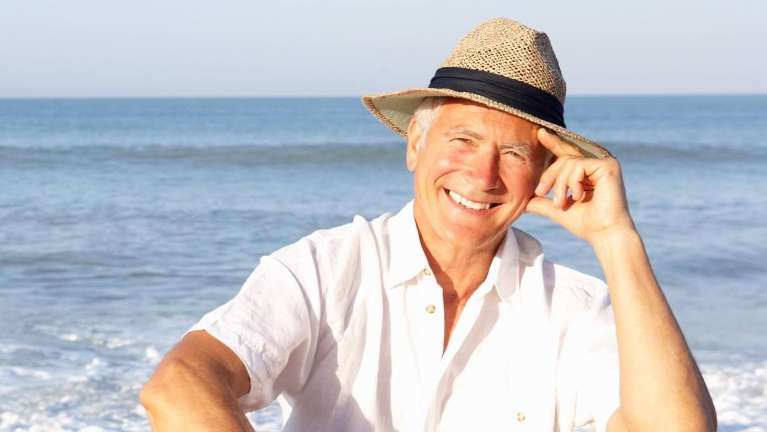
Sleep dentistry is targeted towards a person who is either generally fearful, or is undergoing a complex procedure. The most common—over half the cases we do here at Power Dental—are for people undergoing extraction of their wisdom teeth, which we’re doing every couple of weeks.
There are two versions of sleep dentistry. The most common one is intravenous sedation performed in the chair, which is 95 per cent of what we do. This is for people who are fearful (or uncooperative such as those suffering from dementia, or are autistic). Those patients have to be sedated so they can get through their required treatment comfortably. While we sedate the patient, the patient will still keep their reflexes and breathe on their own. It’s the same sedation you would have if you’re having a gastroscopy or a colonoscopy. To get an understanding of what it feels like, if I were to say to you ‘open your mouth’, you generally can open it, but you may not remember it.
Sleep dentistry is very useful if you’re having a complex procedure, such as if you are having a lot of teeth taken out. But that’s not the only time we use it. For example we have a number of patients who requests sleep dentistry for fillings and cleaning as they prefers to be asleep for that. That’s no problem. Others ask for it because they have an extremely sensitive gag reflex and just can't manage to have treatment awake.
There are a few things patients should be aware of before undergoing the procedure. You have to fast on the day. It will depend on what time of day you’re coming in as to whether you can have any breakfast or not. Also, be aware you cannot drive for 24 hours afterwards—you must be accompanied home. You can’t go alone because sedation affects your reflexes and makes you drowsy. You have to take that warning seriously. It’s possible you feel fine and then half an hour later you walk out onto a road without looking.
Intravenous sedation is charge on an hourly basis, so come in for a consultation and we can give you an idea of the current cost for you. You will get a percentage of that back from Medicare.
The other type of sleep dentistry is for those where intravenous sedation is not suitable—mostly for young children and older people with dementia. Sedation can cause the reverse reaction on some of these people: instead of sedating them, it excites them, so we’re running around the surgery trying to catch them! In these cases we offer a full general anaesthetic, which we do downstairs in our own building at the Waratah Private Hospital.
Each person is different, so we can advise you when we see you for a consultation.
